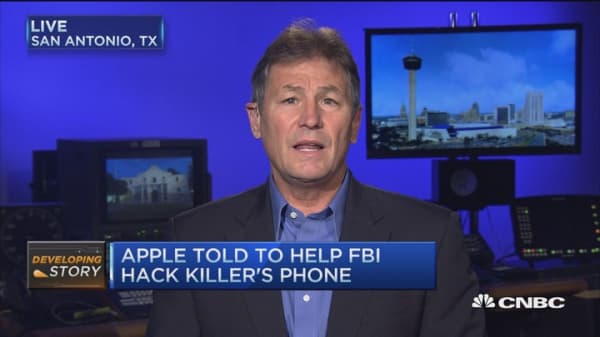Decrypting the iPhone of a self-admitted terrorist and supporter of ISIS will not be like Pandora's box, releasing all of our personal information into the hands of waiting hackers. Nor will it threaten the privacy of the average citizen. It may, however, assist the FBI in determining whether or not other co-conspirators of Farook are still out there. And it might just protect the public from further attacks.
Ultimately, a divided U.S. Supreme Court will decide this case, as all parties to the issue will continue to appeal until a penultimate decision is reached. I, for one, will be supporting the FBI in their limited quest in this particular case.
Commentary by David Gomez, a former FBI executive and current senior fellow at George Washington University's Center for Cyber and Homeland Security (GWCCHS). Follow him on Twitter @AllThingsHLS or @AllThingsCyber.
For more insight from CNBC contributors, follow
@CNBCopinion
on Twitter.





